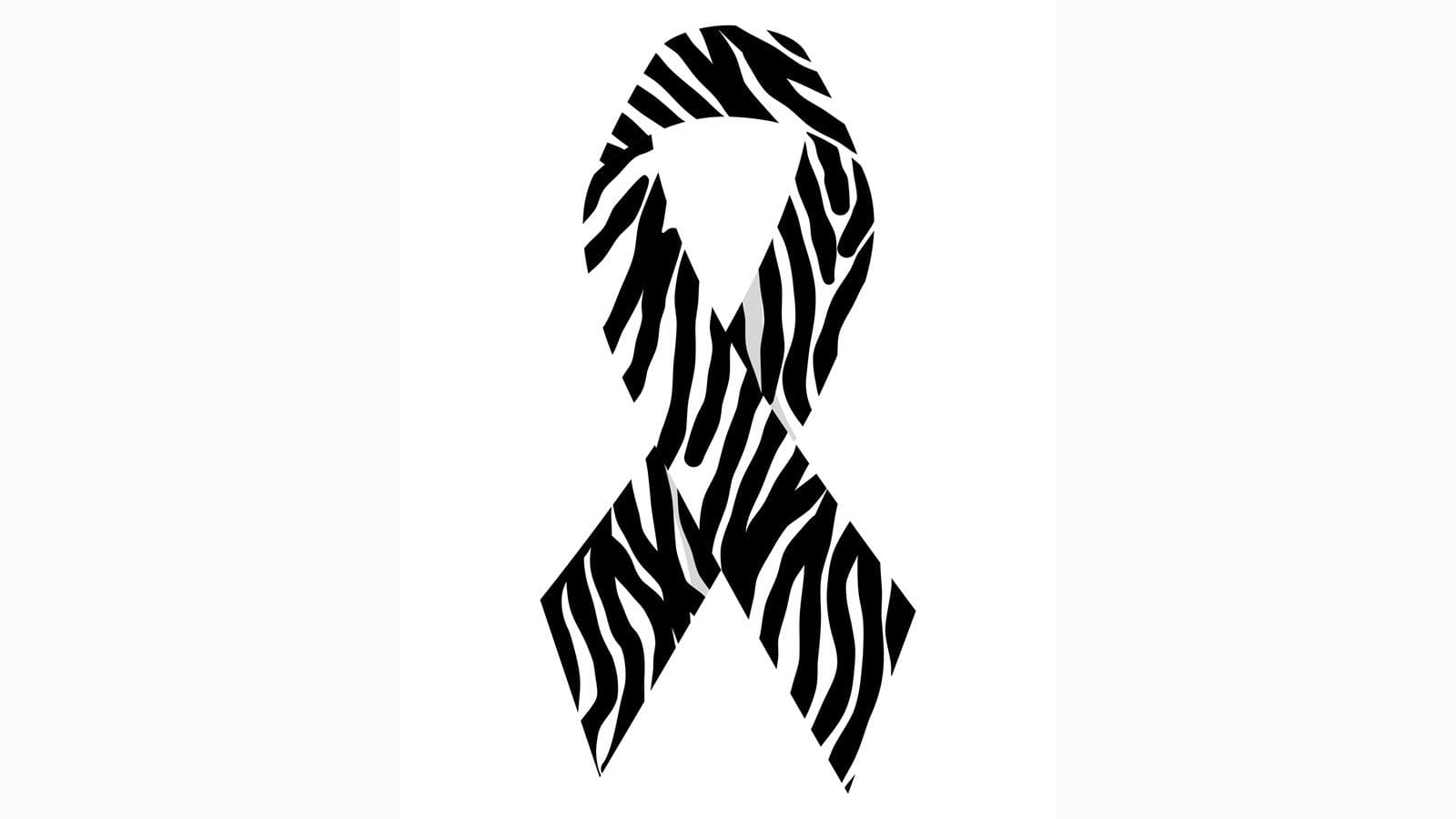Data is often in short supply when it comes to understanding rare diseases, which number into the thousands. A rare disease, by the U.S. definition, affects fewer than 200,000 people. The fewer people affected by a condition, the fewer people there are available for clinical trials and other research.
Patient registries can help – and the National Organization for Rare Disorders (NORD) is now accepting applications from patient organizations that want to establish them. Nonprofit groups, also known as 501(c)(3) organizations, are eligible to apply.
A patient registry can collect a wealth of data from patients who agree to participate and that data can be shared with researchers who are looking at potential new treatments. The resulting natural history studies can fill in the blanks for scientists – providing new information that is not in medical textbooks – about rare conditions.
“This is a major opportunity for patient advocacy groups with active patient populations to utilize NORD’s help developing a study that will advance medical knowledge about their disease,” according to its call for applications.
NORD will establish two new patient registries on its IAMRARE platform, which has so far launched over 40 studies, enrolled more than 13,600 participants and received 125,000 survey submissions. It says the IAMRARE platform is easy to use and lets patients and organizations to inform and shape medical research, which advances product development.
Patient registries help address the unique challenges of rare disease research, including
- A small number of patients
- Difficulty in diagnosing patients
- Poor understanding of diseases and how they progress over a lifetime
The winning organizations will receive help with training, developing a study protocol, building surveys, setting up a registry advisory board and determining data-sharing criteria. In return, the organization must commit to running the study for at least five years and dedicate some staff and funding to the project.
Funding to establish the registries on IAMRARE comes from the Rare Disease Cures Accelerator – Data and Analytics Platform (RDCA-DAP®), a collaborative agreement with the Critical Path Institute funded by the U.S. Food and Drug Administration.
Applications are due by October 20.



